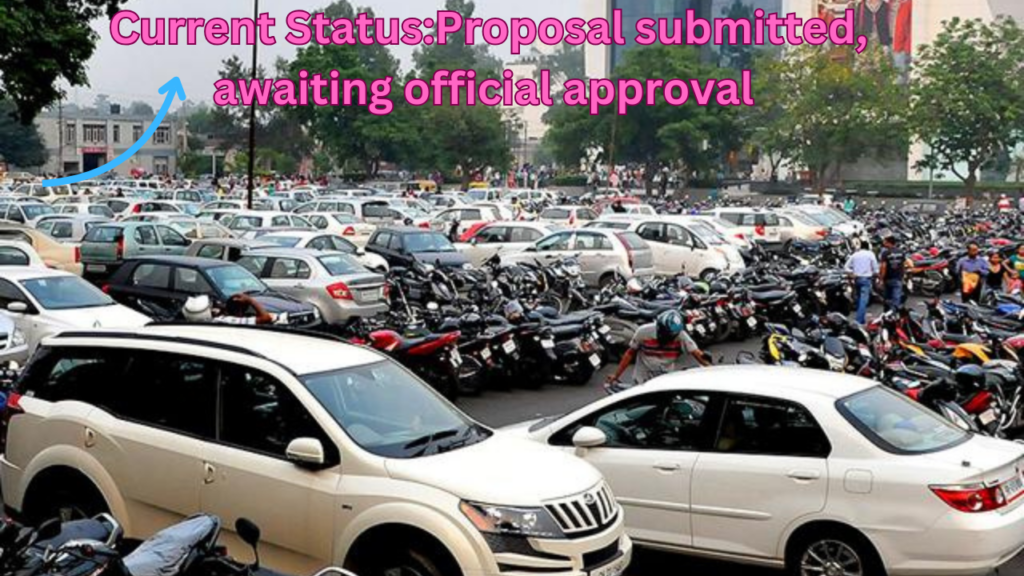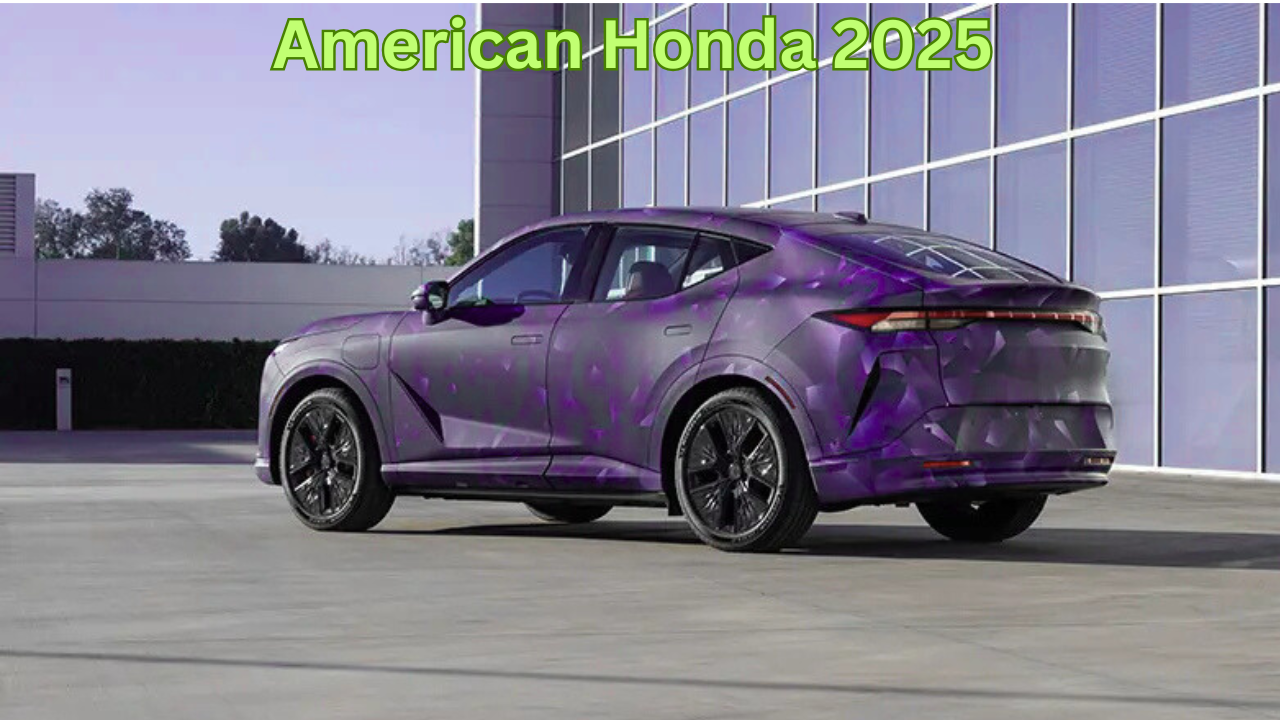Maharashtra’s Proposed Rule: The Maharashtra government is planning to introduce a revolutionary regulation requiring four-wheeler owners to provide proof of parking space ownership while registering new vehicles. This measure aims to combat the escalating problems of traffic congestion, air pollution, and road rage incidents in densely populated urban areas like Mumbai, Pune, and Nagpur. If implemented, Maharashtra will join a list of global cities adopting stringent vehicle registration policies to promote sustainable urban development.
Background and Context
Urban centers across Maharashtra, especially Mumbai, are grappling with overwhelming traffic congestion. The city’s limited infrastructure struggles to accommodate the increasing number of private vehicles. Reports highlight that Mumbai alone registers over 1,000 new vehicles daily, significantly burdening its roadways and parking infrastructure. Similar situations are emerging in Pune and Nagpur, where urban expansion and rising incomes have led to a surge in car ownership.
Traffic congestion exacerbates air pollution, contributing to public health crises and environmental degradation. Additionally, narrow streets clogged with parked vehicles hinder emergency services, slow down traffic, and contribute to road rage incidents. In response, the state government is contemplating mandatory proof of parking space as a prerequisite for new car registration.
Detailed Breakdown of the Proposed Policy
Highlights of the Initiative
| Aspect | Details |
|---|---|
| Objective | To reduce traffic congestion and air pollution in Maharashtra cities |
| Requirement | Certified Parking Area (CPA) certificate for new vehicle registration |
| Issuing Authorities | Brihanmumbai Municipal Corporation (BMC) and the state transport department |
| Current Status | Proposal submitted, awaiting official approval |
| Target Cities | Mumbai, Pune, Nagpur, and other densely populated cities |
| Implementation Timeline | Part of the 100-day transformation initiative |
Implementation Mechanism
The government proposes issuing a Certified Parking Area (CPA) certificate to ensure that car owners have a legitimate parking space. This certificate will be an essential document during vehicle registration, confirming the owner’s ability to park the vehicle without occupying public road space.
Steps to Obtain the CPA Certificate
- Identify Parking Space: Vehicle buyers must secure a parking spot either in private residential buildings, commercial premises, or in certified public parking lots.
- Documentation: Owners must submit relevant property documents, rental agreements, or parking lease papers to prove ownership or lawful access to the parking space.
- Verification: The Brihanmumbai Municipal Corporation (BMC) will inspect and certify the space, followed by verification by the state transport department.
- Issuance of CPA: Upon successful verification, the CPA certificate will be issued, enabling the buyer to proceed with vehicle registration.
Red Bull Provides Key Update: on RB21 Launch for the 2025 F1 Season
Comparative Global Examples
Several global cities have implemented similar policies to manage urban traffic effectively:
- Tokyo, Japan: Car buyers must present proof of off-street parking, drastically reducing on-road parking.
- Singapore: Uses a certificate of entitlement (COE) system, limiting vehicle numbers and requiring parking proof.
- Paris, France: Implements stringent parking controls and encourages alternative transportation modes.

Expected Benefits of the Policy
1. Traffic Decongestion
Limiting car ownership to those with secure parking spaces will drastically reduce on-road parking, freeing up public roads and easing traffic jams.
2. Environmental Impact
Reduced traffic congestion will lower emissions from idling and slow-moving vehicles, improving air quality and contributing to better public health.
3. Enhanced Public Safety
Cleared roadways will facilitate emergency services’ swift movement and reduce accidents caused by obstructive parking.
4. Promotion of Public Transport
Stricter parking regulations may deter unnecessary vehicle purchases, pushing residents toward more sustainable public transport options.
Challenges and Criticisms
Despite its potential benefits, the policy faces notable challenges:
1. Insufficient Parking Infrastructure
Maharashtra’s existing parking infrastructure is inadequate to meet growing demands. Urban areas, especially slums and older neighborhoods, lack proper parking facilities.
2. Implementation and Verification Issues
Enforcing this policy uniformly may be difficult. Fraudulent CPA certificates and enforcement loopholes could hinder the policy’s effectiveness.
3. Economic Impact on Automobile Industry
Mandatory parking proof might discourage car purchases, impacting the automobile market. Dealers and manufacturers might experience slowed sales growth.
4. Social Equity Concerns
The policy could disproportionately affect middle- and lower-income families who cannot afford private parking spaces.
Understand urban infrastructure challenges
Recommendations for Effective Implementation
To maximize the policy’s effectiveness, the government should consider the following measures:
- Expand Public Parking Infrastructure: Develop multi-level parking complexes and incentivize private builders to integrate parking solutions.
- Digital Verification: Implement an online system for seamless CPA certificate application and verification to minimize fraud.
- Public Awareness Campaigns: Educate the public about the policy’s benefits and procedures through media campaigns.
- Incentivize Alternatives: Offer subsidies or tax benefits for electric vehicles and public transport usage.
- Staggered Implementation: Begin with high-density zones and expand gradually to other areas.
Final thoughts
The Maharashtra government’s proposed policy to mandate proof of parking for new car registrations addresses vital urban challenges like congestion and pollution. Although the policy is ambitious, its success depends on robust infrastructure, clear guidelines, and fair enforcement mechanisms. If executed efficiently, this policy could transform urban mobility, making cities safer, greener, and more livable.
Maharashtra’s Proposed Rule: FAQs
1. What is a Certified Parking Area (CPA) certificate?
It is an official document proving that a car owner has a lawful parking space, issued by the BMC and verified by the state transport department.
2. Which cities will the rule apply to initially?
The policy will primarily target Mumbai, Pune, Nagpur, and other urban centers facing severe congestion.
3. How does this policy affect car buyers?
Buyers must secure parking before registering their vehicle, potentially increasing ownership costs.
4. When will this policy be implemented?
The policy is part of the government’s 100-day transformation plan and is awaiting formal approval.
5. Are there penalties for non-compliance?
Although penalties haven’t been specified, vehicle registration may be denied without a CPA certificate.










